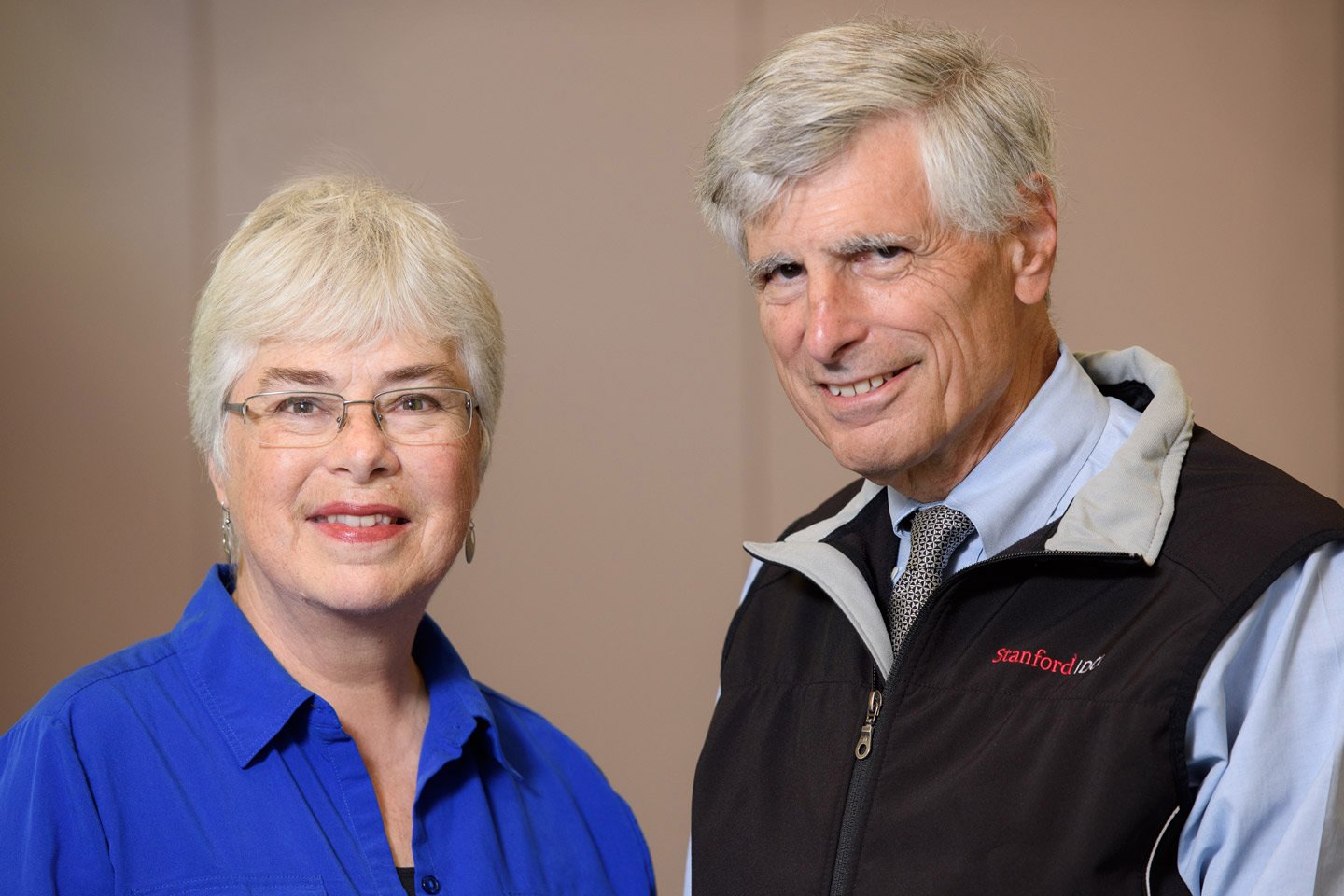The Distinguished Careers Institute (DCI), a 3-year-old program which brings mid-career professionals to Stanford to take classes for a year, is now exploring how to expand to other universities.
The DCI is geared toward professionals with 20 to 30 years of experience and is meant to revitalize their lives and careers with a social impact purpose. The program was envisioned by former Medical School Dean Philip Pizzo, who is currently the David and Susan Heckerman professor at the medical school and founding director for the DCI.
Led by Pizzo and executive director Kathryn Gillam, the DCI is now entering “phase two,” which involves expanding the program to other universities nationwide. The goal of phase two is to systematize the approach of the DCI to allow other institutions to run their own versions of the program.
“There are a lot of different ways to provide people with a bit of structure and a community for thinking through their next step,” Gillam said.
Gillam acknowledges that the DCI’s programs are not appropriate for every institution, but she envisions adapting the concept into either a summer program or a service offered by an alumni association.
Before the outreach of phase two, when word spread through the networks of the previous fellows, the program was getting attention from other institutions. For instance, Gillam recalled finding out that prospective applicants were faculty at other universities who might have been trying to start similar programs there.
A long term goal of the faculty at the DCI is to hold a national conference where they can discuss their experiences and accomplishments at the DCI and encourage other higher learning institutions to incorporate a similar program into their curriculum.
The DCI faculty is also conducting a longitudinal research study tracking two components to measure the effects of the program. The first is following the fellows to see if their experience in DCI changes them. To measure this, the researchers will see if the DCI’s community stays present and if the fellows follow the purpose with which they entered the program. The second component assesses the effect of the presence of the fellows on campus, with regards to the students, instructors and members of the administrative staff.
Anne Kenner, a fellow from the Class of 2016, sees the DCI as having four different components: interpersonal, professional, intergenerational and future planning.
“We do a very deep dive here — we are extremely involved with each other professionally and interpersonally,” Kenner said. “We are also deeply involved in getting to know students in our classes, and its really remarkable.”
Kenner, who served as an assistant United States attorney and law professor before her current career as a high school teacher, is using her Stanford classes and experiences in the DCI to plan what she wants to do for the next 20 years of her life.
She is currently partnering with other DCI fellows to explore their interests, which range from creating a high school and community curriculum focusing on issues of longevity to assessing the lives of children at risk of poverty.
Mac Irvin ’80, partner of DCI fellow Karen Sipprell, first heard about the DCI from a neighbor who was a fellow in the inaugural class. He is enjoying being back at Stanford, taking classes with undergraduates and graduates, attending the Frost Arts and Music Festival, swimming at the master’s program in the Avery Aquatic Center and biking around campus.
Irvin’s “purpose pathway,” the field he will explore at Stanford, is titled Energy and Environment. Aside from classes related to this field, he tries to take something he calls “mind candy,” which can range from religious studies courses to an upper division mechanical engineering class about internal combustion engines.
When asked what was the most important factor that he gained from his experience, he mentioned backfilling gaps related to work he had done already as well as being exposed to the programming Stanford offers to everyone, not just students.
Gillam is excited to lead phase two of the DCI and hopes other institutions will start programs like it.
However, for now she looks forward to doing “as much as we can for as long as we can [at the DCI].”
Contact Ana Cabrera at acabr124 ‘at’ stanford.edu.
An earlier version of this article incorrectly implied that Philip Pizzo is no longer director of the DCI and stated that “phase two” will be led by Gillam. Pizzo still serves as director, and both Gillam and Pizzo head “phase two.” The Daily regrets these errors.
